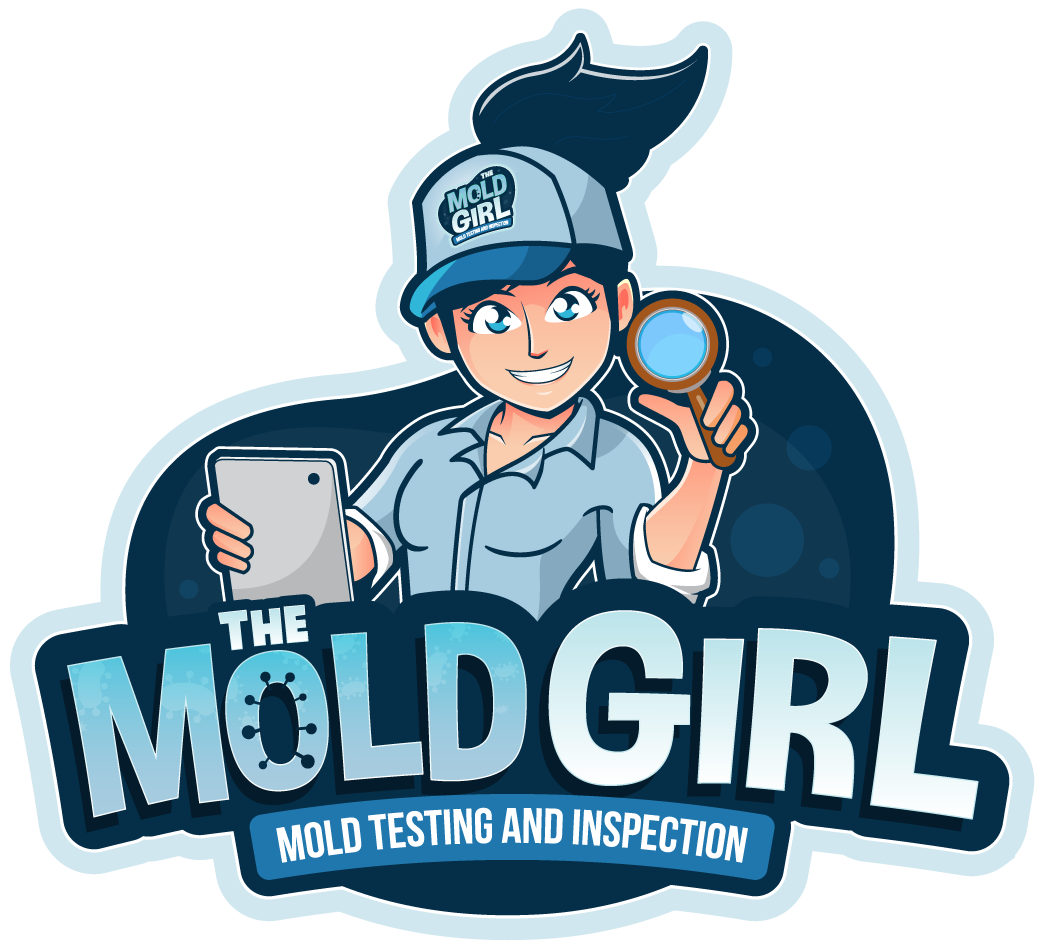MOLD-INDUCED ASTHMA
What is the best way to determine whether mold is the source of my asthma?
Inhaling or touching mold or mold spores might cause a mold allergy in a person who was previously not allergic to mold to manifest itself. If a person has allergies, molds can increase asthma symptoms such as shortness of breath, wheezing, or coughing in people who already have asthma. Irritation can develop even in people who are not allergic to anything (non-sensitized).
Is it possible for mold to cause asthma attacks?
A mold allergy can cause asthma attacks in people who are allergic to mold spores, and breathing them in can cause them. Mold allergy and asthma sufferers should have a plan in place in the event of a severe asthma attack, according to the American Asthma Association.
What is the best way to tell whether you have mold in your lungs?
Exposed individuals to the mold Aspergillus fumigatus may develop an infection/reaction known as aspergillosis as a result of the mold's spores. Wheezing, coughing, chest pain, and fever are all signs of the disease and its symptoms. When the disorder progresses, the following symptoms may manifest themselves:
- Coughing.
- Fever.
- Chest pains are experienced.
- Wheezing.
- Having difficulty breathing.
Is it feasible to rehabilitate mold-induced bronchitis?
Even though there is currently no treatment for allergic rhinitis caused by a mold allergy, there are a number of medications that can help to ease your symptoms. The following are examples of such things: Corticosteroids for the nose are prescribed. Upper respiratory mold allergy irritation is prevented and treated with the help of these nasal sprays for mold allergies.
Are antihistamines beneficial in the treatment of mold allergy symptoms?
The sneezing, runny nose, and itching associated with mold allergies can be relieved with antihistamines, while nasal sprays and oral decongestants can relieve the nasal congestion associated with mold allergies for a short time.
What is the best way to tell if my cough is caused by mold?
Coughing. An itchy, dry throat is another of the most noticeable symptoms of a mold allergy, which may be accompanied by a persistent cough in some cases as well. Occasionally, mold might also cause more acute coughing spells in some people. Chronic coughing may come as a result of mucus production and histamine production when your body strives to clear the throat of mucus.
Is it possible for black mold to cause respiratory difficulties in humans?
Those suffering from respiratory problems are most likely to experience symptoms and health consequences from black mold. Coughing and sneezing for an extended period of time, irritation of the eyes, nasal and throat mucus membranes, rashes, chronic tiredness, and persistent headaches are all possible indications of exposure to or poisoning from black mold.
Is it possible for mold to cause upper respiratory infections (URIs)?
As a result of being exposed to mold. Mold exposure is usually connected with the development of respiratory disorders such as sinusitis, bronchitis, pneumonia, and other respiratory ailments. Coughing, sneezing, wheezing, headaches, sore throats, difficulty breathing, tiredness, and an overall feeling of malaise are all frequent symptoms of mold exposure, as does a general feeling of malaise.
What is the hazard of mold inhalation?
Mold exposure has been shown to have a harmful impact on the health of some persons. In the air we breathe, mold spores are always present, but extended exposure to mold can result in serious health consequences. Mold exposure can cause allergic reactions as well as respiratory difficulties.
If you have mold allergies, is it true that they get worse at night?
Mold thrives in dark, moist conditions, such as those found beneath and behind your bed and in your closet. It's also important to note that these are regions that are rarely checked and cleaned. It is possible that a moldy sleeping environment is contributing to the exacerbation of mold allergies at night.
Do you have a mold sensitivity and want to know how to overcome it?
Additional to this, as is the case with other allergies, mild symptoms of mold allergies can frequently be alleviated by taking antihistamines and decongestants over-the-counter, or by using steroid nasal sprays on prescription. In severe cases of allergy, allergy injections can be extremely useful.
Contact The Mold Girl of Charlotte Today!
The Mold Girl of Charlotte will do everything we can to ensure your experience with us is excellent.
Request A FREE Estimate

